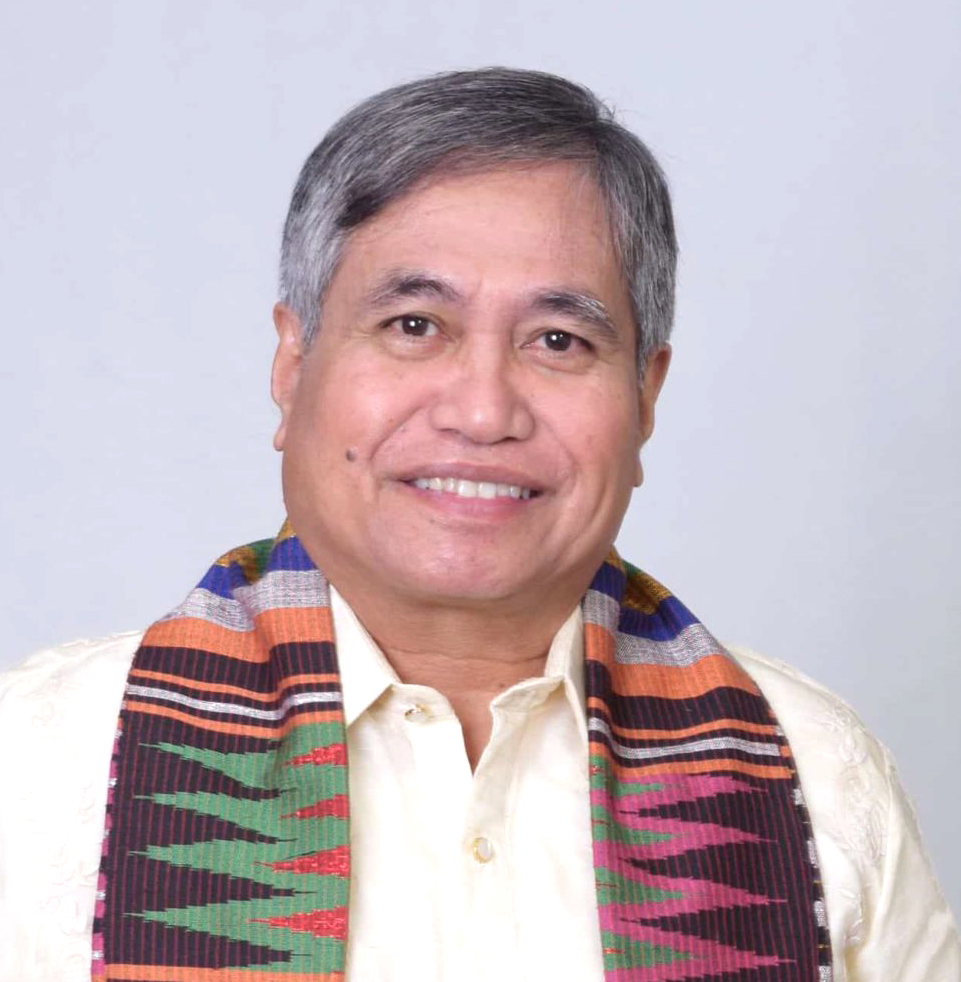In Japan, reminiscing about how to make social business truly impactful
FROM THE MARGINS

Living in the moment is a popular mantra these days. People often say, ‘seize the day’ or ‘focus on the present.’ That is well and good, but I find bouncing from day to day, wrapped up in schedules and juggling modern living too frantic. I tend to balance reflection with preparation, my memories of the past enriching both the present and the future.
I appreciated the beauty of looking back while moving forward in my recent visit to Japan. I was invited by the Sasakawa Peace Foundation (SPF) to be a speaker in their peacebuilding seminar, “Conversation with World-Acclaimed Social Entrepreneurs,” which was co-hosted by the REEP Foundation. I was joined by Ms. Sayaka Watanabe Kankologo of WELgee, an NGO which supports refugees to rebuild their lives in Japan after overcoming persecution in their home countries.
The SPF is a foundation that advances international exchange and cooperation. I am privileged to have been a part of their forum, which was attended by about 100 participants from non-profit organizations, social entrepreneurs, development agencies, academicians, and other sectors.
Social business
My talk focused on my organization’s poverty eradication work as well as the horizon of impact finance – an investment strategy that pursues not just financial returns but positive social impact. I was happy to share my experiences in social business in this forum. I talked about how our organization grew from a small microcredit program for rural women in 1986 into a globally-acclaimed network whose operations include now microfinance, microinsurance, education, health, business development, and other programs that cross the boundaries between nonprofit and for-profit, NGOs and banking, and specialized services for vulnerable groups: Sharia/Islamic financing for Muslim communities, credit program for farmers, indigenous peoples, and young entrepreneurs. Since our inception, we have aimed to serve marginalized groups, pushing the government’s agenda of financial inclusion and ensuring that no one is left behind.
I was excited by the audience's response, particularly when asked about leadership succession. Since NGO founders and CEOs were present, I emphasized the importance of avoiding founder’s syndrome, which could undermine an organization’s growth, hinder the development of new leaders, and create a wide range of issues as organizations’ strategic contexts change.
As we were discussing social business, I shared my belief that true social business involves not only providing access to resources but also giving control of these resources to clients. In industries like banking, retail and healthcare, clients should ideally be co-owners, well-represented in the Board and participating in decision-making and policy formulation. This is the true meaning of empowerment, which should be the goal of any social business.
Meeting old friends
It was a pleasure to again see Yugi Mori of Nippon Foundation. Though his face was very familiar, I initially could not recall his name but he reminded me that we met years ago in Kagoshima under a Karaimo Koryo farmer-to-farmer exchange program. This involved young Filipino farmers spending a year in Kagoshima, and in return, Kagoshima farmers stayed with Filipino farming families for a few weeks. The program allowed me to experience life on a dairy farm, waking up early to tend to cows and to work in the fields. This experience taught me a lot about the value of discipline in both work and socialization, a trait that undoubtedly contributes to the success of the Japanese people.
SPF’s Maho Nakayama, who organized my trip, also arranged a dinner meeting with my good friends, Taka Amenomori and Mari Suzuki. We reminisced about how I secured the first funding for our organization in 1988, thanks to Taka’s support. He was impressed by my earnestness in trying to mobilize funds for a very young NGO, prompting me to sleep at the airport and wear the same suit for days. Despite the difficulty in selling my proposal to establish a bank owned and managed by the poor, Taka believed in me and helped present my proposal to two funding agencies, the Asian Community Trust (ACT) and the Imai Trust Fund. I received $20,000 in funding, which marked the beginning of our microfinance journey.
Maho-san also facilitated my meetings with Itsu Adachi, SPF executive director, and Yohei Sasakawa, chairman emeritus of SPF and Chairman of the Nippon Foundation. Despite his busy schedule, Mr. Sasakawa spent an hour discussing SPF’s five priority goals and areas where we could collaborate, particularly in peace-building in Muslim Mindanao, leadership development, and strengthening strategic relations between the Philippines and Japan. He also shared his efforts as the World Health Organization’s Goodwill Ambassador for Leprosy Elimination, including his support for the Cullion Leprosy Center in the Philippines and his work on national reconciliation between Myanmar and Bangladesh with the Rohingya minority.
I am grateful for this trip to Japan, which rekindled old friendships and forged new ones.
Arigato gozaimasu!
* * *
“Omoeba omowaruru. (When you care about someone, you will be cared about.)” — Japanese Proverb
(Dr. Jaime Aristotle B. Alip is a poverty eradication advocate. He is the founder of the Center for Agriculture and Rural Development Mutually-Reinforcing Institutions (CARD MRI).)